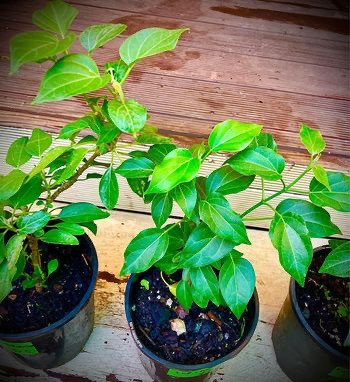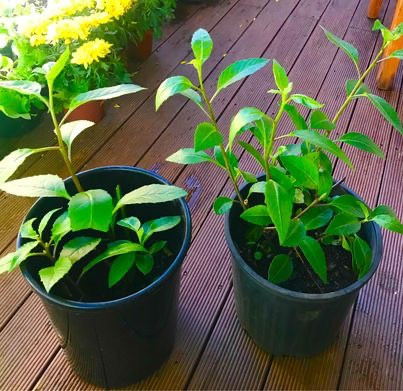
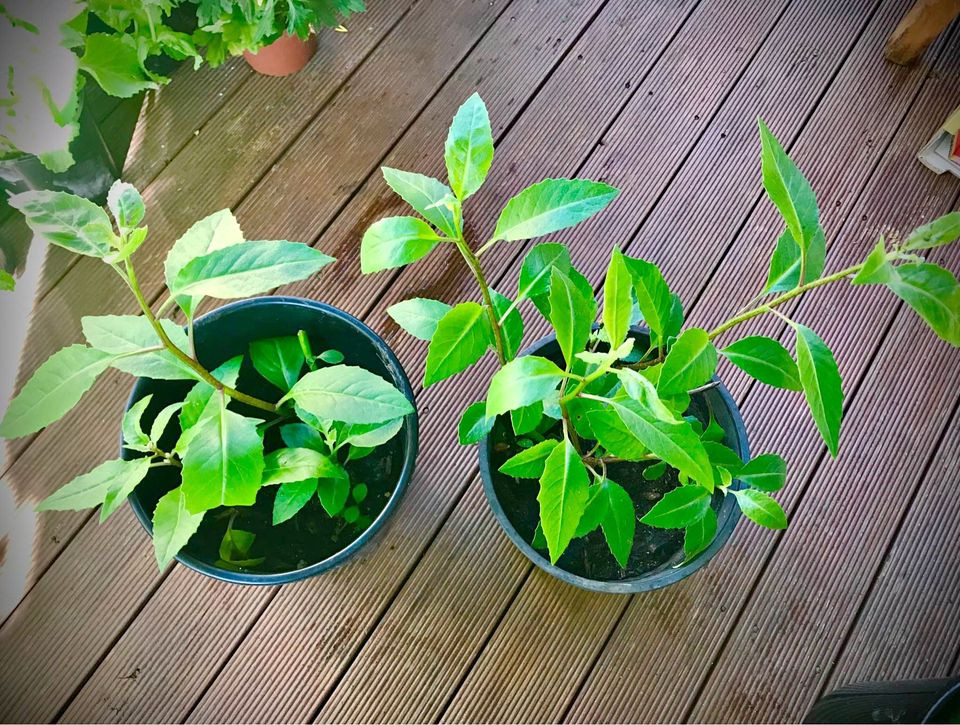
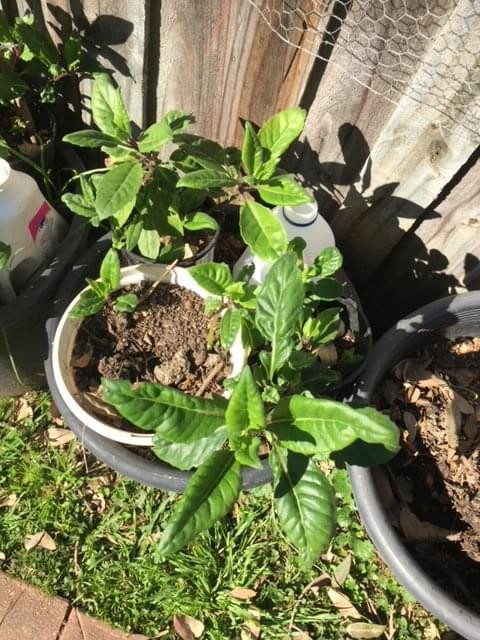
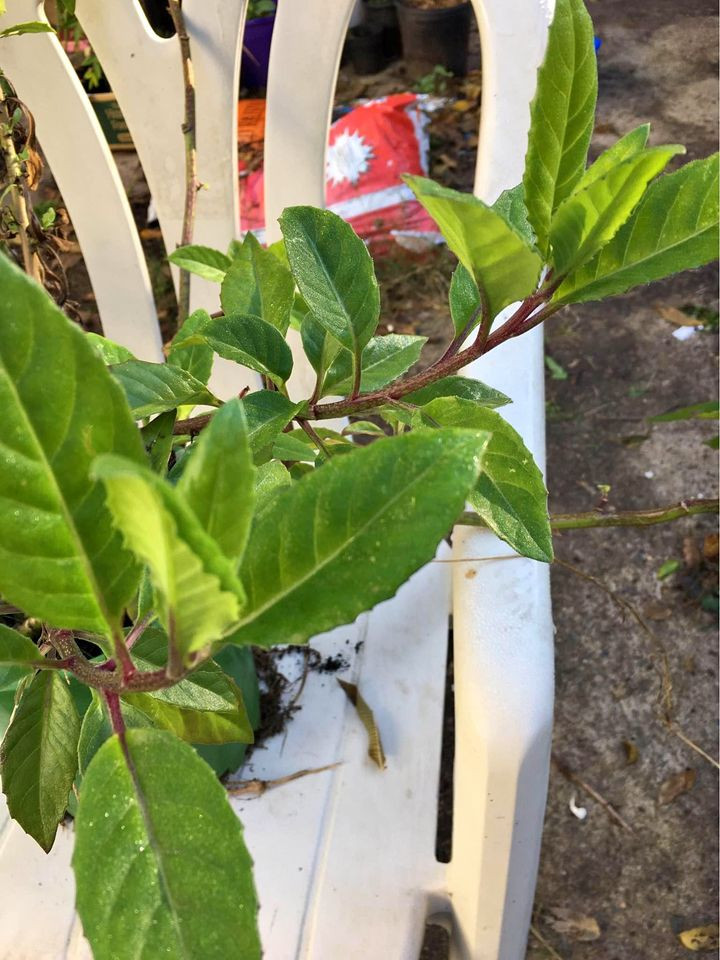
INSULIN
Category : Ayurvedic / Medicinal Plants
Description
The Insulin Plant, scientifically known as Gynura procumbens, is commonly referred to as the "Plant of Longevity" or "Sambung Nyawa." This plant is highly regarded for its potential health benefits, particularly for its reputed ability to help manage blood sugar levels. It is often recommended for diabetics, with reports suggesting that consuming 6-12 leaves daily may reduce the need for external insulin.
Appearance
- Plant: Gynura procumbens is a perennial herb that typically grows as a low shrub, reaching heights of about 30-100 cm.
- Leaves: The leaves are ovate, dark green, and have a slightly serrated edge. They are fleshy and smooth, measuring about 5-10 cm in length.
- Flowers: The plant produces small, orange-yellow flowers that grow in clusters. The flowers are not as significant as the leaves in terms of medicinal use.
Habitat
The Insulin Plant is native to Southeast Asia and is commonly found in countries such as Malaysia, Indonesia, Thailand, and the Philippines. It thrives in tropical and subtropical climates and prefers well-drained, fertile soil. It can be grown in gardens and pots and does well in partial shade to full sunlight.
Uses
Medicinal Uses: The Insulin Plant is renowned for its potential health benefits, especially for managing diabetes:
- Blood Sugar Regulation: Consuming the leaves is believed to help balance blood sugar levels, potentially reducing the need for external insulin in diabetics.
- Anti-inflammatory: The plant has anti-inflammatory properties that can help reduce inflammation and pain.
- Antioxidant: Rich in antioxidants, it helps protect the body from oxidative stress and free radical damage.
- Cholesterol Management: It may help lower cholesterol levels and support heart health.
- Detoxification: The leaves are used in traditional medicine to detoxify the body and improve overall health.
Culinary Uses:
- The leaves of the Insulin Plant can be eaten fresh, cooked, or made into teas and smoothies. They have a mild, slightly bitter taste.
Active Compounds
The Insulin Plant contains several bioactive compounds that contribute to its health benefits:
- Flavonoids: These antioxidants help reduce inflammation and protect against various diseases.
- Saponins: Known for their potential to lower blood sugar and cholesterol levels.
- Terpenoids: These compounds have anti-inflammatory and antimicrobial properties.
- Sterols: Plant sterols can help manage cholesterol levels and support cardiovascular health.
Safety and Precautions
While the Insulin Plant is generally safe for consumption, it is important to use it under the guidance of a healthcare provider, especially for individuals with diabetes or other health conditions. Pregnant and breastfeeding women should consult a healthcare provider before using the plant medicinally.
Cultural Significance
The Insulin Plant has been used in traditional medicine for centuries, particularly in Southeast Asia. It is considered a "plant of longevity" due to its reputed health benefits and its role in promoting long life and vitality.
Conclusion
The Insulin Plant (Gynura procumbens) is a valuable medicinal plant with a wide range of potential health benefits, particularly for managing diabetes and balancing blood sugar levels. Its use in traditional medicine and its reputation as a "plant of longevity" underscore its importance in various cultures. As with any medicinal plant, it should be used responsibly and under the guidance of a healthcare provider.
Price : $15
In Stock






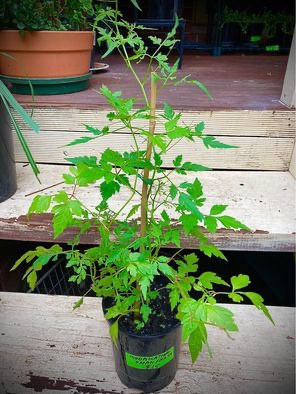
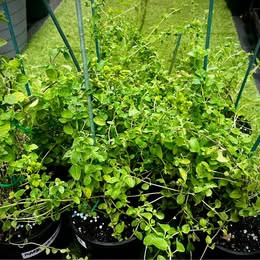
.png)
